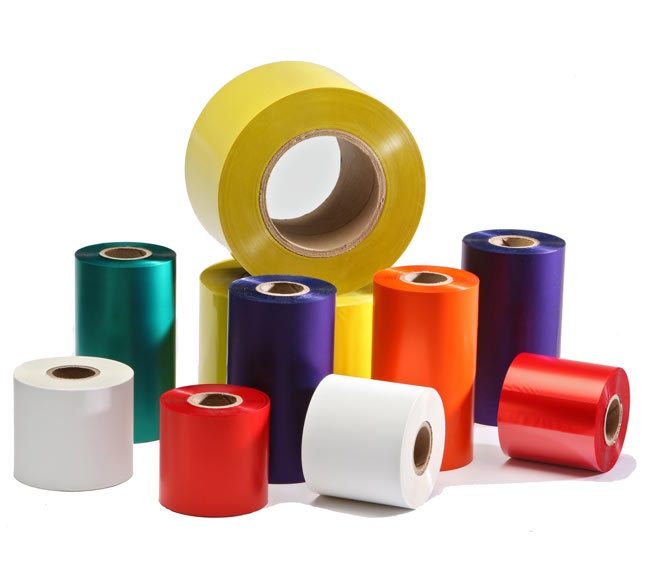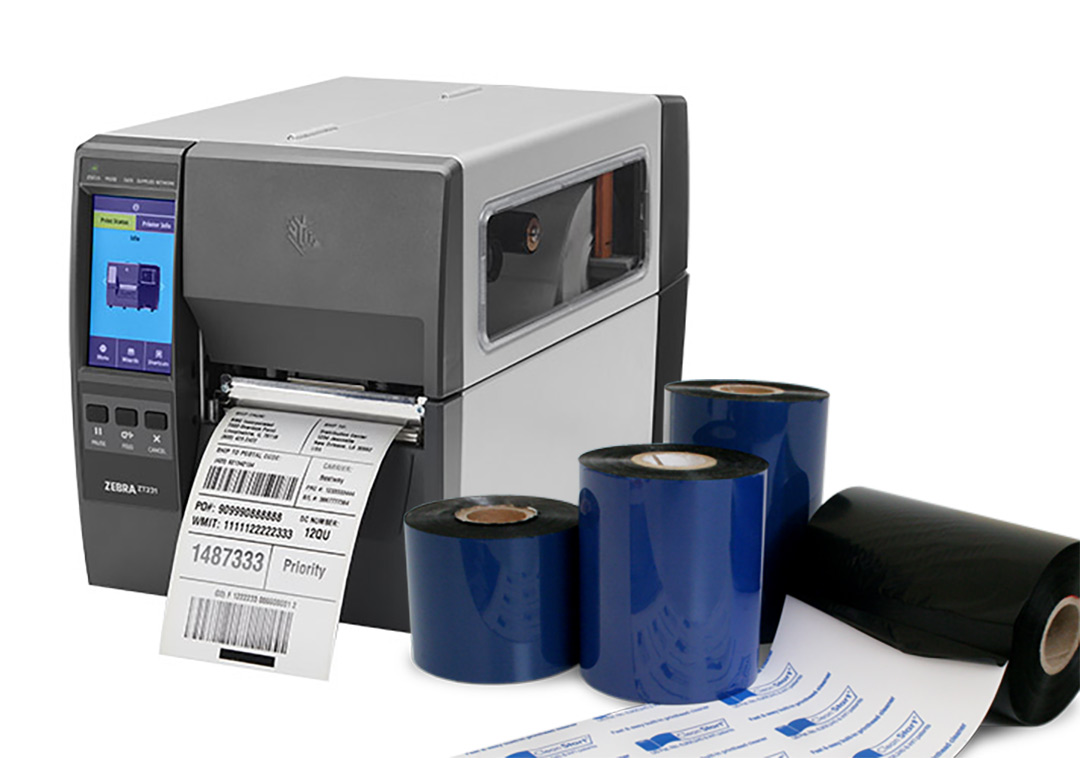Blog
Wireless Shipping Label Solutions: A Complete Guide for Distributors and Buyers
Wireless shipping labels now serve as essential efficiency tools for scaling operations in today’s technology-focused logistics sector. The adoption of wireless shipping labels by distributors and procurement managers results in operational efficiency through streamlined processes alongside reduced manual errors and faster delivery times. This guide provides complete information about wireless shipping label technology by explaining its operational principles and highlighting its main advantages and purchasing factors.
What Are Wireless Shipping Labels?
Wireless shipping labels use Wi-Fi or Bluetooth to operate printers which removes the necessity for USB or Ethernet connections. E-commerce businesses along with warehouse and logistic companies use these labels to print shipping addresses and tracking information as well as barcodes.
Key Components:
- The wireless thermal printer supports label dimensions of both 4×6 and 6×4.
- Label Design Software or Mobile Apps
- Thermal Label Rolls
- Bluetooth or Wi-Fi Connection
Benefits of Wireless Shipping Labels
1. Mobility and Flexibility
Wireless connectivity enables workers to print labels from any location within the connection range which eliminates the need to return to a central workstation.
2. Time and Labor Efficiency
The ability to print shipping labels on-the-go eliminates bottlenecks which proves particularly advantageous for large fulfillment centers and busy warehouses.
3. Fewer Cables, Less Clutter
The absence of USB and LAN cords helps maintain neat workspaces which leads to better safety standards and operational efficiency.
4. Multi-Device Compatibility
Wireless printers enable printing from smartphones and tablets with support for numerous operating systems which helps team productivity increase.
5. Scalable for High Volume
Businesses that experience rapid growth can effortlessly install more printers throughout their facilities without complex wiring requirements.
Applications of Wireless Shipping Labels
E-commerce Fulfillment
Shipping labels can be printed directly from platforms such as Shopify and WooCommerce as well as backend order systems.
Warehouse Management
The labeling system efficiently supports inventory picking operations as well as sorting and outbound shipping procedures.
Logistics and Courier Services
Businesses can print shipping labels on-demand for trucks, mobile hubs and delivery points using wireless technology.
Retail and Distribution
Wireless shipping label printers work best for labeling packages in store back offices and during store-to-store transfers.

Choosing the Right Wireless Shipping Label Printer
Distributors and sourcing managers must evaluate several criteria when they select a printer.
a. Label Size Support
Choose printers that print widely-used 4×6 or 6×4 label sizes in logistics.
b. Connectivity Options
Select printers that offer both Bluetooth and Wi-Fi connectivity to achieve the best flexibility in operations.
c. Durability & Print Speed
For industrial use select printers which offer rapid printing speeds that exceed 150mm/s.
d. Battery and Portability (Optional)
Rechargeable battery options are included in some models for enhanced mobility.
e. Software Integration
Confirm that printers work well with leading shipping platforms and label management software.
A Guide to Implement Wireless Shipping Labels Efficiently for Large-Scale Operations
Step 1: Select Compatible Devices
Select printers that integrate seamlessly with your existing ERP and WMS systems as well as your e-commerce platforms.
Step 2: Connect to Your Network
Connect printers to your network by using either your Wi-Fi router or Bluetooth technology for fast connection speeds.
Step 3: Train Staff
Make certain employees understand remote connection and printing processes.
Step 4: Monitor Label Usage
Monitor label usage trends to keep your label roll supply stable.
Step 5: Scale Gradually
Begin label deployment in one area before moving into additional regions as your staff becomes accustomed to the system.
Common Mistakes to Avoid
- Selecting non-commercial printers which do not provide the necessary durability for mass printing operations.
- Neglecting the compatibility check between new software and your existing order management systems.
- Lack of planning for label supply storage and replacement cycles.

Conclusion
Wireless shipping labels deliver smart solutions for distributors and large-scale fulfillment teams along with wholesalers. These devices provide mobility while they minimize clutter and optimize bulk operations as they maintain cost efficiency and adapt to changing demands. A wireless solution serves as essential rather than optional for procurement officers who want seamless label logistics in the current global supply chain.
FAQ
**Q1: Is it possible to print shipping labels wirelessly through my phone? **
Yes. The majority of contemporary printers enable mobile printing through Bluetooth connections and dedicated mobile applications.
**Q2: What label size is standard for shipping? **
A 4×6 inch size represents the standard label dimension for shipping throughout the world.
**Q3: Do wireless label printers carry a higher price tag compared to wired alternatives? **
These printers have higher initial costs but result in long-term savings through reduced time and labor expenses.
**Q4: Thermal printers require specific thermal-compatible label rolls to function correctly. **
No. Thermal printers require specific thermal-compatible label rolls.
**Q5: What is the daily label printing capacity of a standard printer? **
The printing capacity of high-performance printers reaches thousands of labels daily based on specific models and operational settings.
Contact Us
📩 sales@foyottr.com
📞 Tel: +86-592-6018320
🌐 https://foyottr.com/
Visit our Contact Page to get started or request a quote today.

